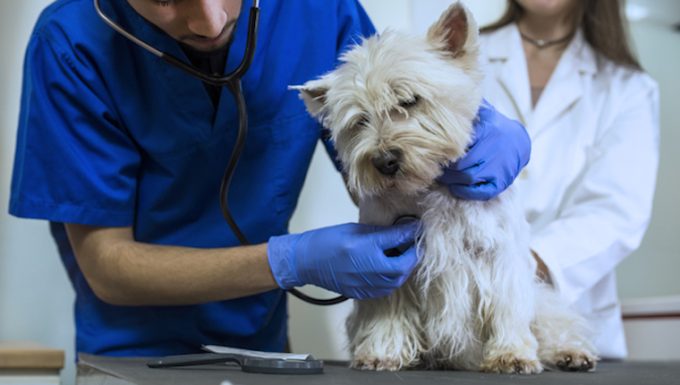Liver inflammation (chronic) in dogs is a condition that involves the liver becoming inflamed. It is a serious condition that needs treating early.
Unfortunately, certain breeds including Cocker Spaniels, Skye Terriers, and Bedlington Terriers seem to develop the condition more than other dogs.
Technically, the condition is also known as chronic active hepatitis.
If you see the signs of…







